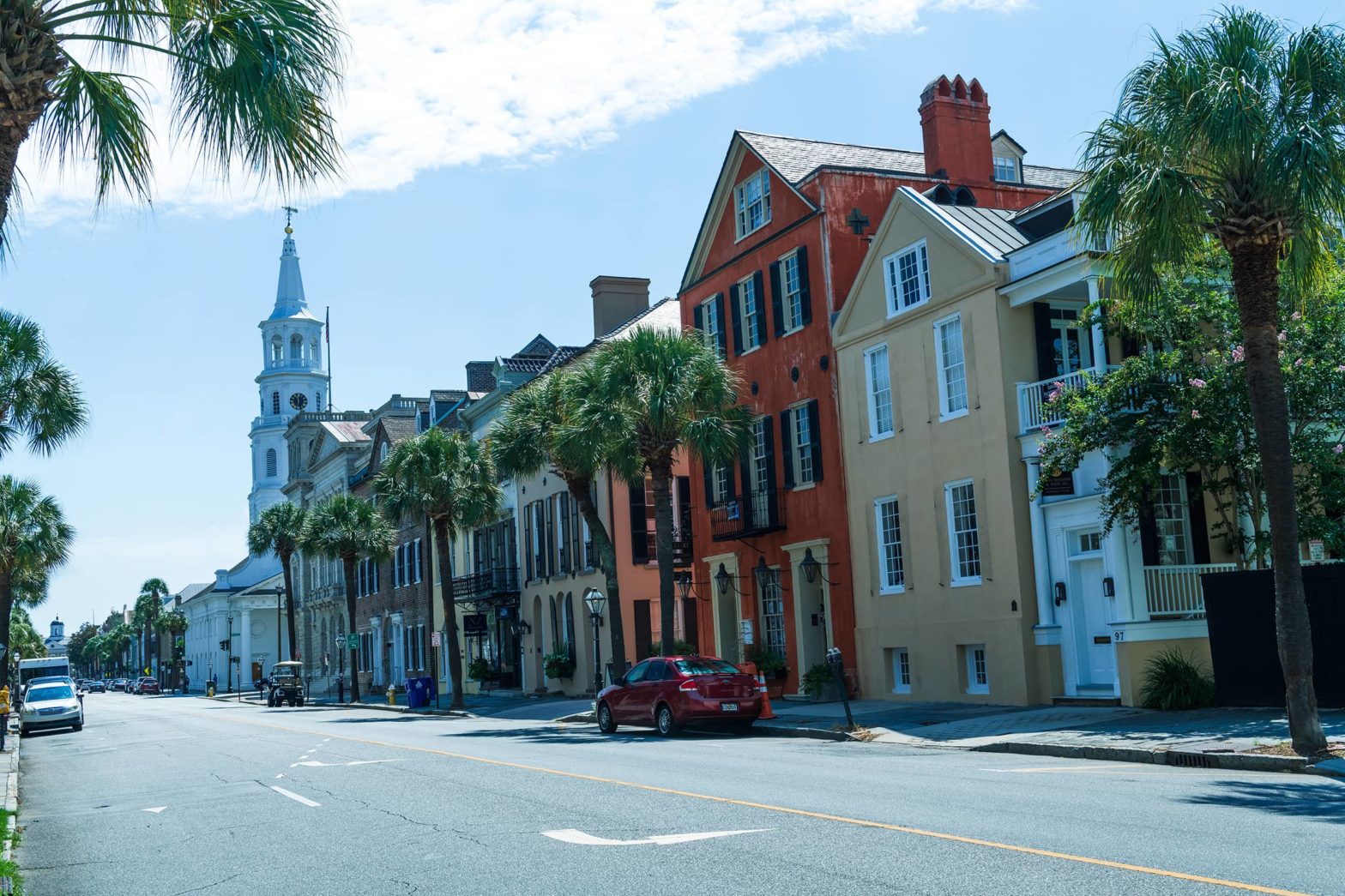For the last few years we’ve been watching with alarm the rising rates of HIV infections here in the South. Back in the 1980s, AIDS was an urban issue, impacting places like New York City and Los Angeles. Today, the epicenter of the HIV epidemic has shifted to the South, including South Carolina and the greater Charleston region.
According to the Centers for Disease Control and Prevention, Southern states account for an estimated 44 percent of all people living with an HIV diagnosis in the United States, despite having only about one-third (37 percent) of the overall U.S. population. Plus, the rate of new HIV diagnosis is much higher in the South than among the rest of the country.
African Americans are significantly impacted, accounting for 54 percent of new HIV diagnosis in 2014. HIV infections among black women in the South is also staggering. And, more people in the South are unaware of their HIV infection, and mortality rates are much higher in the Southern states.
The CDC reports “people living with HIV in some southern states have death rates that are three times higher than people living with HIV in some other states. Although death rates have declined recently, the South still accounted for nearly half (47%) of the 16,281 individuals diagnosed with HIV who died in 2013 nationwide.”
We saw this rising trend of new HIV infections here in the Charleston region in 2015 with a high number of new HIV infections largely among young African-American men.
All of this information begs the question: Why is the South so deeply impacted by the HIV epidemic?
A number of factors play a role, including:
- Socioeconomic disparities and higher rates of poverty, particularly among African-American youth.
- The lack of sex education in South Carolina schools, which leaves young people learning about sex from their friends, the Internet and the media.
- Poor health outcomes in the South and lack of accessible medical care. South Carolina was one of the states to refuse Medicaid expansion.
- Cultural factors such as homophobia, transphobia and racism all contribute to fewer discussions about sexual health and lead to greater stigma surrounding HIV.
In 2017, a poignant documentary put a face to the issue of HIV in the South. Through the story of Wilhemina Dixon, a one-woman army fighting for her family’s survival, “Wilhemina’s War” shows the devastating toll of the scourge of HIV/AIDS. The film has encouraged discussion around the problem of HIV in the South and raising awareness about what’s happening in our own communities is the first step.
But what else can be done? What is Palmetto Community Care doing and how can the community step up and help?
- Palmetto Community Care provides free, confidential HIV testing.Get tested and encourage others to get tested as well. The faster someone is diagnosed, the quicker he or she can get medical treatment.
- Palmetto Community Care also provides free condoms at our office. They are available to anyone and you don’t have to take a HIV test to receive them.
- Understand that no one is immune to HIV. Anyone who is sexually active is at risk. Talk about prevention, share information with the young people in your family and help us break the stigma surrounding this illness.
If you’d like to get involved in fighting HIV, get in touch. Give us a call at 843-747-2273 to find out how you can be part of making Charleston a healthier community.


